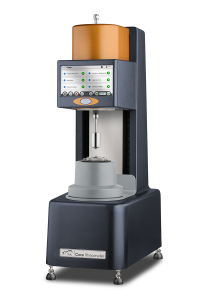Analytical Instruments for Optimizing Polymer Processing
White Paper Analytical Instruments for Optimizing Polymer Processing Processing conditions can influence a polymer’s performance as much as its chemical formulation. The material’s thermal and shearing history and its fillers, fibers, stabilizers, or other additives help determine many of its properties. Laboratory analysis can help optimize polymer processing conditions, diagnose issues in an existing process,…










